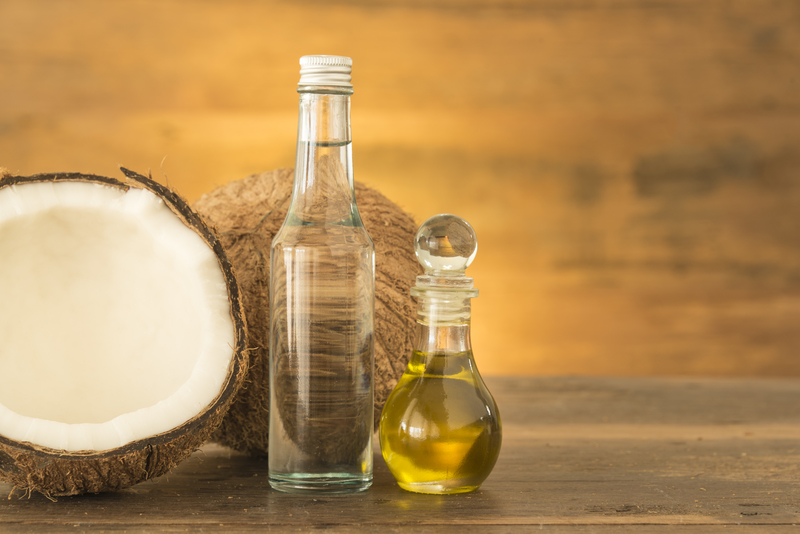Shocking Myths And Truths About Coconut Oil
Coconut oil is often referred to as a superfood due to its unique blend of medium chain fatty acids and other healthy compounds, but because there is a great deal of buzz surrounding this sweet, solid fat, there are many facts and myths about it also. Although coconut oil has a wide variety of health benefits, there are additional negative claims that are nothing short of a myth. Read on to find out the top ten most shocking facts and myths about this versatile and delicious superfood.
Myth: Coconut Oil Irritates The Skin

Many heavy oils and fats are irritating to skin because they block pores and cause a build up of the skin's natural oils. Over time this can lead to pimples, blackheads, swelling, and other signs of skin irritation. Alternatively, many oils contain compounds that can dry out the skin or otherwise cause harm to it. Coconut oil, however, is not at all irritating to skin or hair as it melts into a light oil that coats skin with moisture. It acts as an anti-inflammatory agent, and fights common skin problems such as rashes, insect stings, and allergic reactions. It also has antimicrobial properties, making it the ideal salve for a variety of skin disorders and mild wounds.
Fact: Coconut Oil Helps To Protect Against Diabetes And Other Metabolic Disease

Diabetes does not happen suddenly in most cases, but is instead a result of many years of blood sugar disturbances. Recent studies have found that coconut oil has a surprising effect on a person's metabolism and blood sugar control. Coconut oil reduces insulin resistance and improves insulin efficiency in the body, particularly in muscle cells. This, in turn, helps to keep blood sugars low, preventing both diabetes and the whole body damage that it can cause. People who are at risk of diabetes or other metabolic diseases should consider making this fat part of their daily diet.
